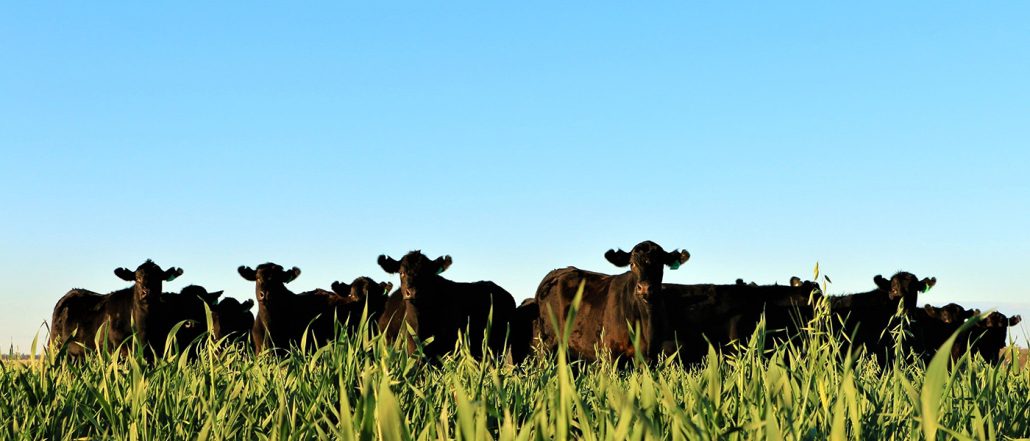CarbonLink R&D shows producers can massively improve returns with a soil carbon project
Australian farmers have the potential to increase their profitability by engaging in a soil carbon project, according to leading soil carbon project developer CarbonLink. Commercial Director Andrew Gatenby said, “We are encouraging Australian farmers to consider the benefits of implementing practice changes which improve productivity, enhance soil health, and also offer financial benefits through the production, measurement and issuance of ACCU’s (Australian Carbon Credit Units).
While speaking at the National Carbon Farming Conference in Albury today, Gatenby said, “Our research indicates that soil carbon projects have the potential to be very profitable for landholders on large-scale grazing country”.
“Our existing projects, suggest a well-managed beef operation can generate additional returns from soil carbon, that are on par or greater than the average return for Queensland beef producers, exceeding $100/ha/year” (net of costs – unaudited).
To date, one soil carbon project on a farm of 100 hectares in Victoria has been issued with carbon credits under the Emissions Reduction Fund (ERF). CarbonLink and its producer partners have now completed a second sample round across 20,000 ha in NSW and Queensland, yielding results above expectations.
“This will be the largest longitudinal study of soil carbon, at scale, in a commercial environment anywhere in the world”, Gatenby said. “The preliminary findings look very promising, despite the properties facing significant seasonal challenges such as 2-3 years of drought (60% of average rainfall during 5 years), impact from large fires and pasture dieback”, Gatenby said. Interestingly, carbon was found at levels that only the CarbonLink / CSIRO technology can detect. The project results will be reviewed by the Australian Government’s Clean Energy Regulator over coming months.
The property’s soil carbon levels were measured (baselined) in 2016, down to a depth of 1.2 metres. Practices to build soil carbon were introduced by the landholders and the soils were remeasured five years later in 2021, the results of which are now known.
By June 30 Carbon Link will have baselined soil carbon projects covering more than 100,000 ha. They have a focus on properties of 1,000 ha and larger, and a stretch goal to baseline eight million hectares by 2030.
CarbonLink was spun out of RCS Australia in 2007, Australia’s leading provider of education and advice in regenerative agriculture. Both companies were founded by Dr Terry McCosker OAM.
Farmers can improve property returns with a well-run project
CarbonLink used its R&D soil carbon results to compare an average Queensland beef property (with RCS benchmark data), a well-managed beef property in the top 20% of beef producers implementing time control grazing.
The results are $45/ha (average) vs $100/ha (top 20%) an additional $100/ha (soil carbon).
The property with the carbon project will earn additional returns on par or greater than returns achieved for beef production by an average Queensland beef producer in Southern Queensland.
Soil carbon – unaudited, (EBIT – earnings before interest and tax)




